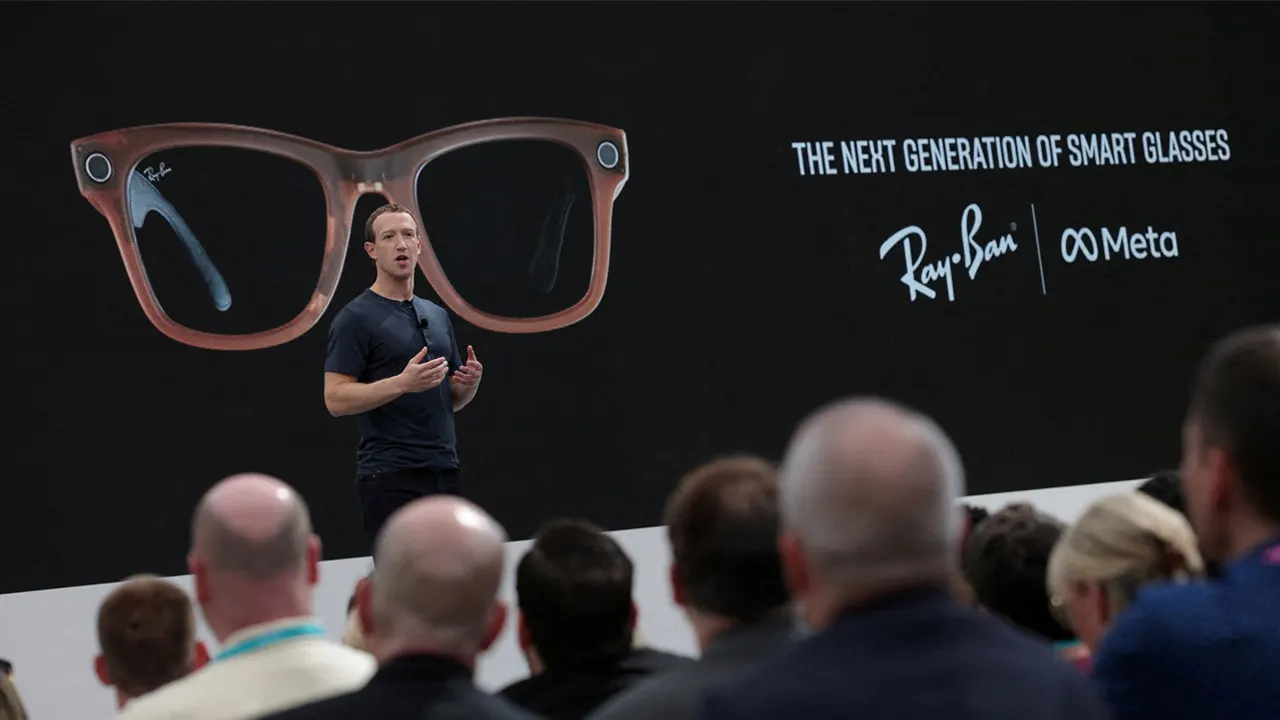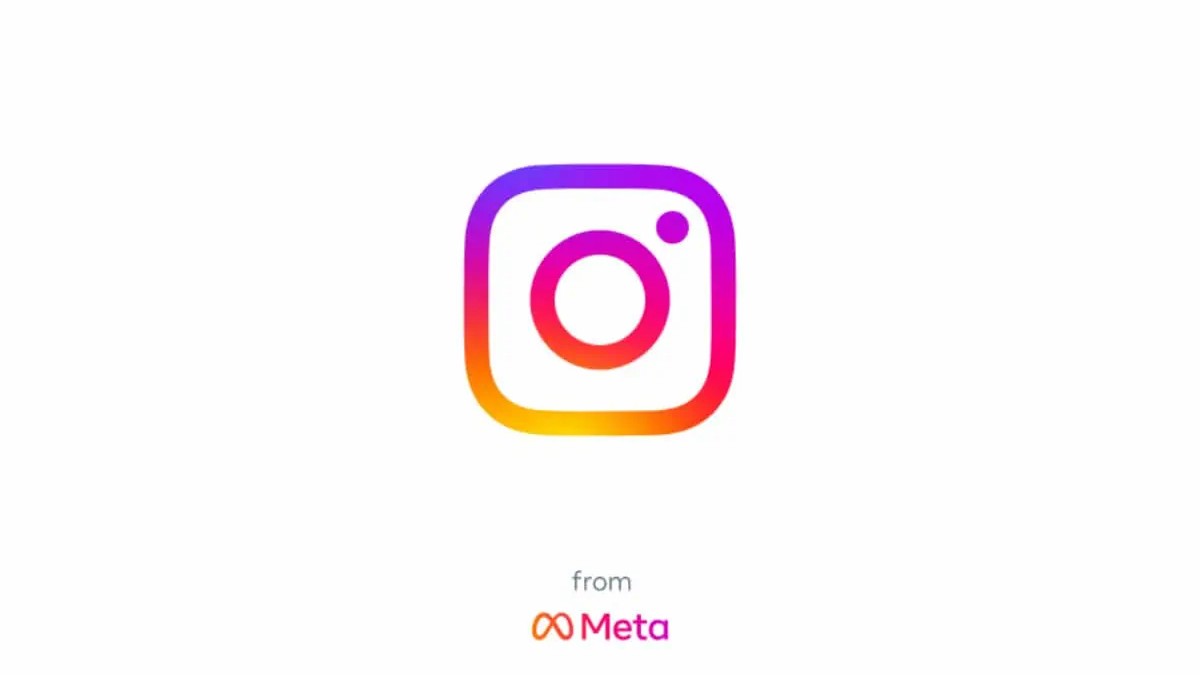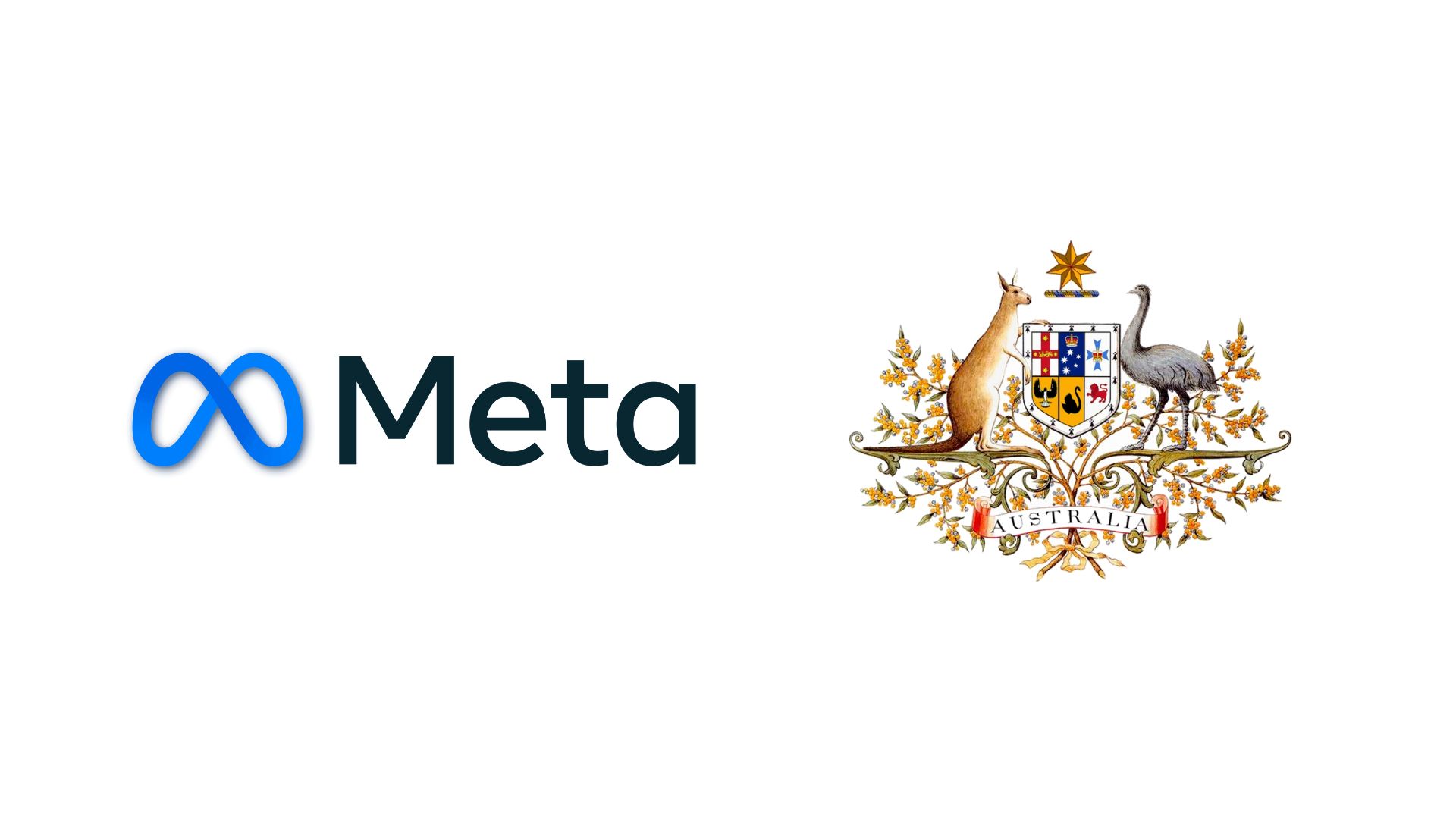Italy’s antitrust watchdog has investigated Meta Platforms over allegations that the company may have abused its dominant position by integrating its AI assistant directly into WhatsApp.
The Rome-based authority, formally known as the Autorità Garante della Concorrenza e del Mercato (AGCM), announced the probe on Wednesday, stating that Meta may have breached European Union competition regulations.
The regulator claims that the introduction of the Meta AI assistant into WhatsApp was carried out without obtaining prior user consent, potentially distorting market competition.
Meta AI, the company’s virtual assistant designed to provide chatbot-style responses and other generative AI functions, has been embedded in WhatsApp since March 2025. It is accessible through the app’s search bar and is intended to offer users conversational AI services directly within the messaging interface.
The AGCM is concerned that this integration may unfairly favour Meta’s AI services by leveraging the company’s dominant position in the messaging market. It warned that such a move could steer users toward Meta’s products, limit consumer choice, and disadvantage competing AI providers.
‘By pairing Meta AI with WhatsApp, Meta appears to be able to steer its user base into the new market not through merit-based competition, but by ‘forcing’ users to accept the availability of two distinct services,’ the authority said.
It argued that this strategy may undermine rival offerings and entrench Meta’s position across adjacent digital services. In a statement, Meta confirmed cooperating fully with the Italian authorities.
The company defended the rollout of its AI features, stating that their inclusion in WhatsApp aimed to improve the user experience. ‘Offering free access to our AI features in WhatsApp gives millions of Italians the choice to use AI in a place they already know, trust and understand,’ a Meta spokesperson said via email.
The company maintains its approach, which benefits users by making advanced technology widely available through familiar platforms. The AGCM clarified that its inquiry is conducted in close cooperation with the European Commission’s relevant offices.
The cross-border collaboration reflects the growing scrutiny Meta faces from regulators across the EU over its market practices and the use of its extensive user base to promote new services.
If the authority finds Meta in breach of EU competition law, the company could face a fine of up to 10 percent of its global annual turnover. Under Article 102 of the Treaty on the Functioning of the European Union, abusing a dominant market position is prohibited, particularly if it affects trade between member states or restricts competition.
To gather evidence, AGCM officials inspected the premises of Meta’s Italian subsidiary, accompanied by Guardia di Finanza, the tax police’s special antitrust unit in Italy.
The inspections were part of preliminary investigative steps to assess the impact of Meta AI’s deployment within WhatsApp. Regulators fear that embedding AI assistants into dominant platforms could lead to unfair advantages in emerging AI markets.
By relying on its established user base and platform integration, Meta may effectively foreclose competition by making alternative AI services harder to access or less visible to consumers. Such a case would not be the first time Meta has faced regulatory scrutiny in Europe.
The company has been the subject of multiple investigations across the EU concerning data protection, content moderation, advertising practices, and market dominance. The current probe adds to a growing list of regulatory pressures facing the tech giant as it expands its AI capabilities.
The AGCM’s investigation comes amid broader EU efforts to ensure fair competition in digital markets. With the Digital Markets Act and AI Act emerging, regulators are becoming more proactive in addressing potential risks associated with integrating advanced technologies into consumer platforms.
As the investigation continues, Meta’s use of AI within WhatsApp will remain under close watch. The outcome could set an essential precedent for how dominant tech firms can release AI products within widely used communication tools.
Would you like to learn more about AI, tech, and digital diplomacy? If so, ask our Diplo chatbot!










